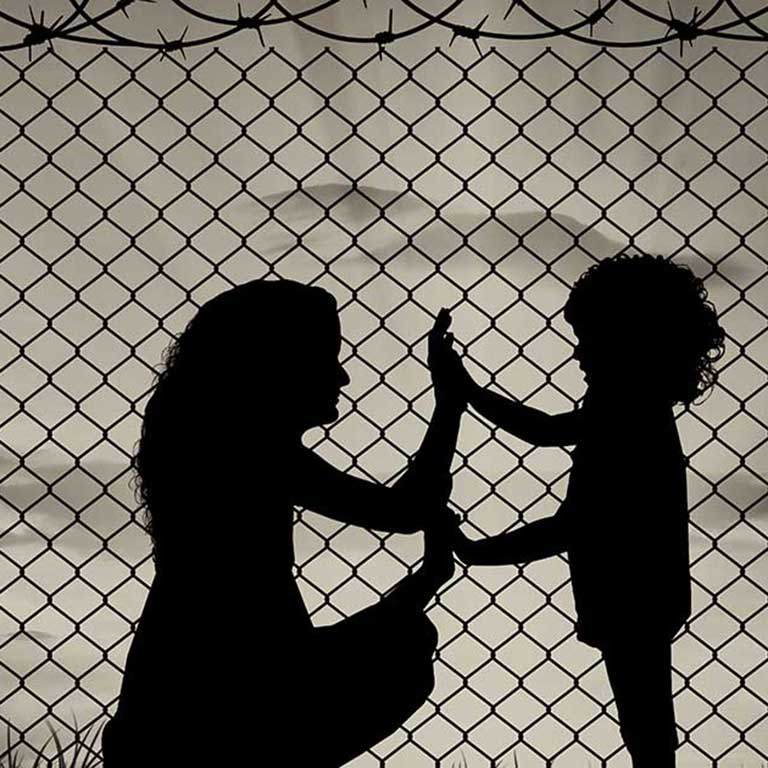Children whose mothers are behind bars are highly susceptible to long-lasting health and behavioral challenges. As the number of incarcerated mothers climbs, the Center for Health and Justice Research analyzed the impact on children and provided recommendations to improve conditions for incarcerated mothers and their children.
CHJR analysts looked at existing research on the physical and mental health effects on children whose mothers are serving time in jails or prisons. They found significant gaps in that research, especially when it comes to differentiating between mothers and fathers.
There is mixed research on incarceration’s impact on pregnant women and infants. Some studies found these women have better access to health care, better nutrition, and safer stable housing behind bars. Other research indicates they are more likely to deliver early or have a low-birth weight baby.
When mothers are incarcerated, their children are more likely to live in foster homes or with a relative. This can result in medical care gaps, such as fewer annual health checkups, vaccinations, and dental visits—all of which significantly affect child health outcomes.
Research also linked maternal incarceration with poor mental health in children. Children with mothers behind bars were 1.6 times more likely to experience depression than other children. Young children with incarcerated mothers often experienced insecure caregiver relationships, an issue linked to depression and anxiety disorders in adults.
A child’s school experience also is impacted when their mother is serving time. They are at risk for cognitive delays, school failure, even dropping out of school. In particular, sons of incarcerated mothers were 25% more likely to quit school than other children. In some case, that happens because of their own involvement with the justice system. Research shows children of incarcerated parents were more likely to engage in behaviors that expose them to the criminal justice system, such as drug use.
CHJR analysts provided three recommendations designed to help incarcerated mothers and their children:
- Promote collaboration between criminal justice and child welfare agencies by combining legal representation for a holistic family-centric approach. This includes ensuring children have regular visits with mothers and establishing prison nurseries to promote early mother-infant bonding.
- Institutionalize health care standards for incarcerated pregnant women by mandating best practices provided by experts.
- Improve data collection on pregnant women in local, state, and federal facilities. Doing this will help bridge the data gap and create a better understanding of areas for improvement.



